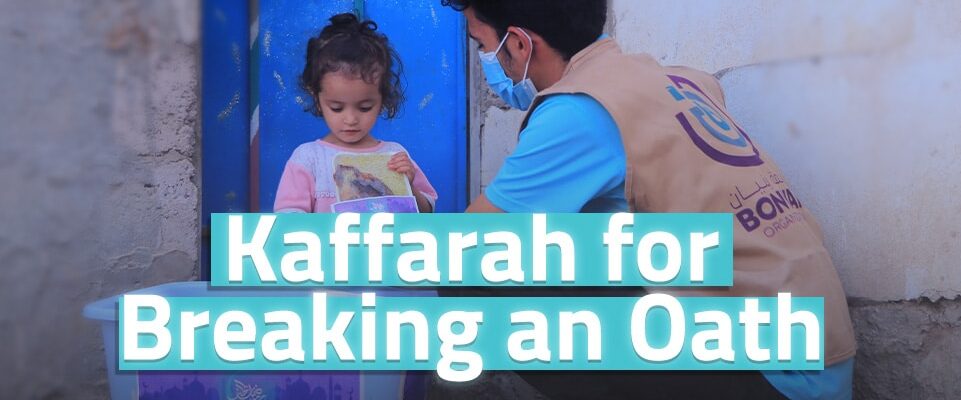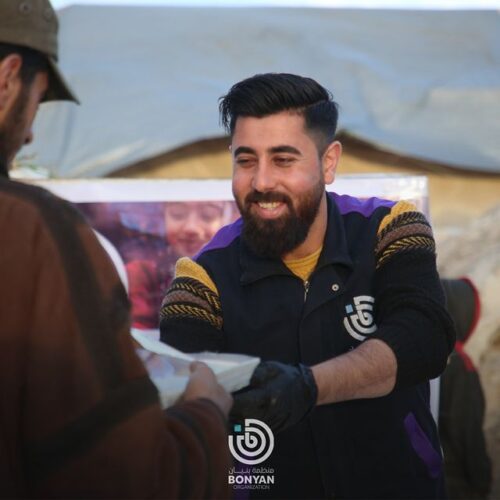
Allah, the Exalted, said”: Allah will not call you to account for your thoughtless oaths, but He will hold you accountable for deliberate oaths. The penalty for a broken oath is to feed ten poor people from what you normally feed your own family, or to clothe them, or to free a bondsperson. But if none of this is affordable, then you must fast three days. This is the penalty for breaking your oaths. So be mindful of your oaths. This is how Allah makes things clear to you, so perhaps you will be grateful.” (Al-Ma’idah: 89)
In our daily lives, we may resort to oaths to emphasize our sincerity or commitment. However, circumstances can sometimes lead us to break those oaths, placing upon us an important religious obligation: kaffarah.

What is Kaffarah for Breaking an Oath?
It is the act of atonement a Muslim performs for violating an oath sworn by Allah or His attributes. Allah, the Exalted, has prescribed this kaffarah to cleanse the soul from sin and to provide a means of assisting those in need.
The Forms of Kaffarah
The kaffarah for breaking an oath can take one of the following forms:
- Feeding ten needy people: Providing a meal (valued at approximately 5 US dollars per person) to ten individuals in need.
- Clothing ten needy people: Purchasing new clothes (valued at approximately 10 US dollars per person) for ten individuals in need.
- Freeing a slave: Contributing to the liberation of an enslaved person.
- Fasting three consecutive days: This option is available if the previous three are not feasible.
Who is Obligated to Perform Kaffarah?
Kaffarah is obligatory upon any adult Muslim of sound mind who intentionally breaks an oath sworn by Allah or His attributes. This obligation applies equally to both men and women, regardless of whether the oath pertains to religious or worldly matters.
Can I Perform Kaffarah on Behalf of Someone Else?
Yes, you may perform kaffarah on behalf of another person, whether they are living or deceased. However, if the person is alive, their permission must be obtained beforehand. In the case of a deceased person, permission is not required.
Open Doors to Blessings
Kaffarah for breaking an oath presents a valuable opportunity for repentance and for making a positive impact on the lives of the poor, needy, and refugees in the Middle East and Africa. Imagine the difference you can make by providing a warm meal, new clothes, or the means to liberation for someone in need. Your act of kaffarah can bring comfort, dignity, and hope to those facing hardship.



